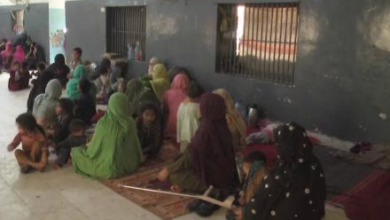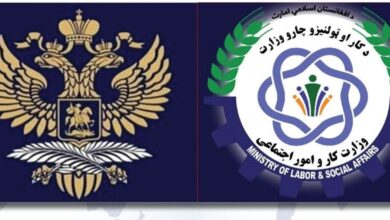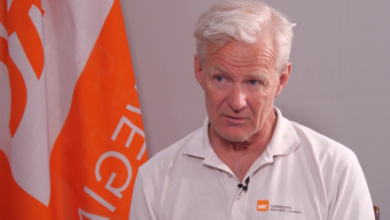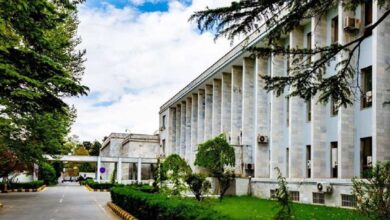EU Allocates €19.8M for Economic Empowerment in Afghanistan
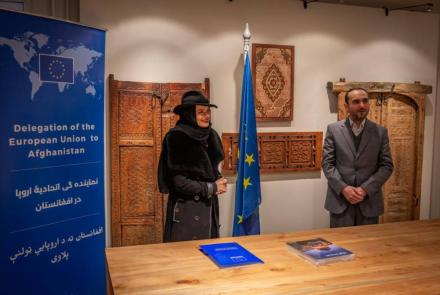
The European Union (EU) in Afghanistan announced that it has allocated €19.8 million to the Aga Khan Foundation and Aga Khan Cultural Services to implement the “Economic Resilience, Women’s Economic Empowerment, and Job Creation in Afghanistan” initiative.
According to the EU, this project, with a total value of €22 million, aims to address the immediate needs of Afghan communities while fostering long-term economic stability, inclusion, and resilience.
The EU in Afghanistan said that over a 36-month implementation period, the program will directly benefit 34,200 households and reach an estimated 292,544 people indirectly, with a strong emphasis on youth and women.
“Millions in Afghanistan remain trapped in poverty, with women disproportionately bearing the burden,” stated Veronika Bošković-Pohar, chargé d’affaires of the European Union in Afghanistan.
“This initiative supports inclusive and sustainable economic growth, helping communities build self-reliance. By enhancing employment, income generation, and productivity, it promotes resilient livelihoods, particularly for women and other vulnerable groups, including youth, returnees, internally displaced people, and farmers affected by the poppy ban. The program also considers the severe impact of climate change in Afghanistan by introducing climate-smart technologies and helping communities withstand climate-induced shocks,” she said.
“We are excited to announce the signing of a new project with the European Union in Afghanistan, further strengthening the longstanding partnership between the EU and the Aga Khan Development Network (AKDN) in the country” noted Doctor Najmudin Najm, Chief Executive Officer of AKF and AKDN Coordinator, Afghanistan.
The EU also said that its assistance in Afghanistan “focuses on supporting the most vulnerable populations, including women, girls, minorities, internally displaced persons, and refugees” and “all EU humanitarian and basic needs assistance is delivered through trusted partners, adhering to principles of impartiality and transparency.”
However, the Ministry of Agriculture, Irrigation, and Livestock of Afghanistan had previously criticized the implementation of projects funded by the European Union.
